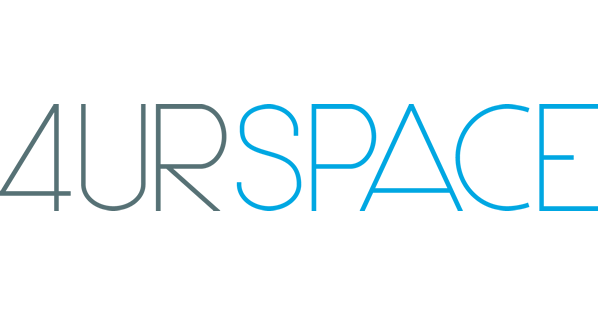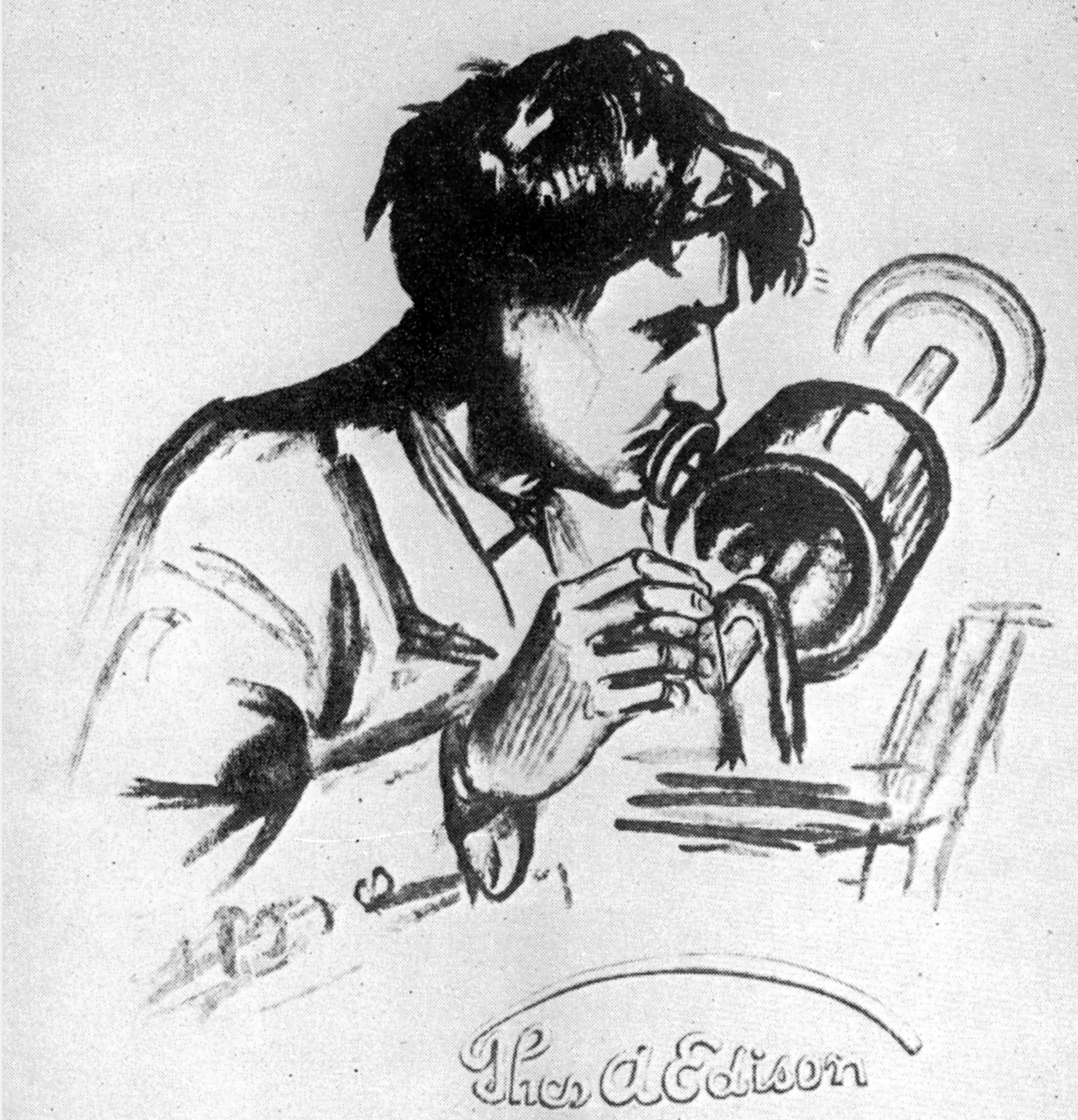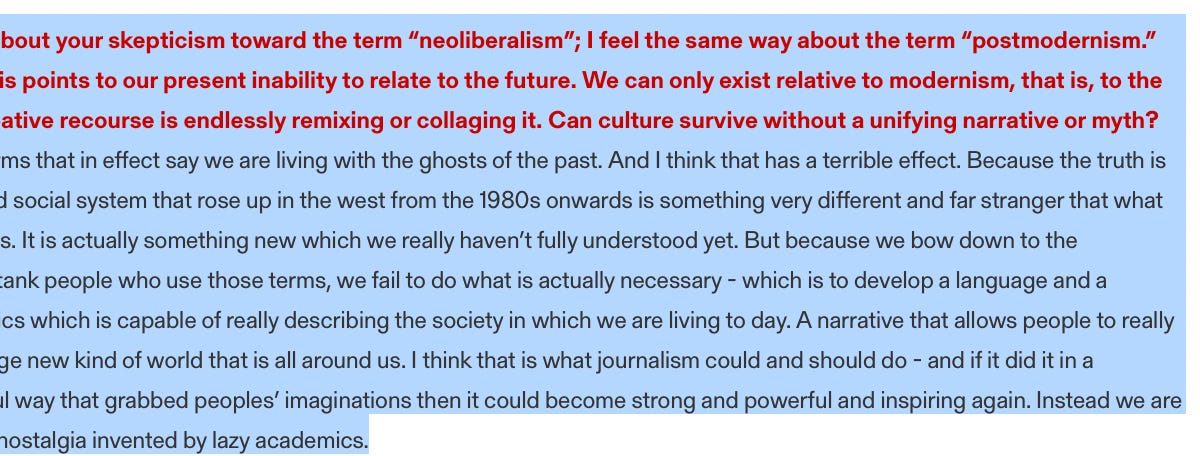sari
@sari
making Sublime — for you and for me.
sari
@sari
making Sublime — for you and for me.


Vertical SaaS and
There is a big difference between the existence of knowledge in some other place and its availability to the right people in the right place at the right time. The crux of the matter is knowing how to integrate and organize fragmented, scattered and thinly spread knowledge.
-Dominique Foray The Economics of Knowledge



System design and